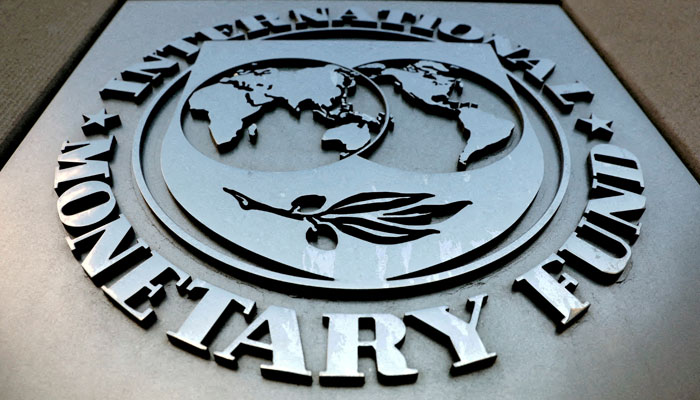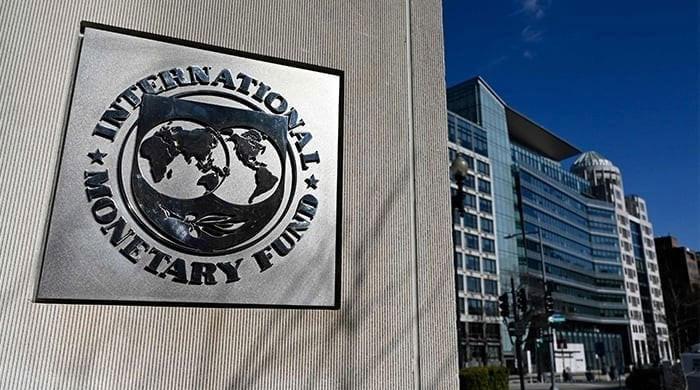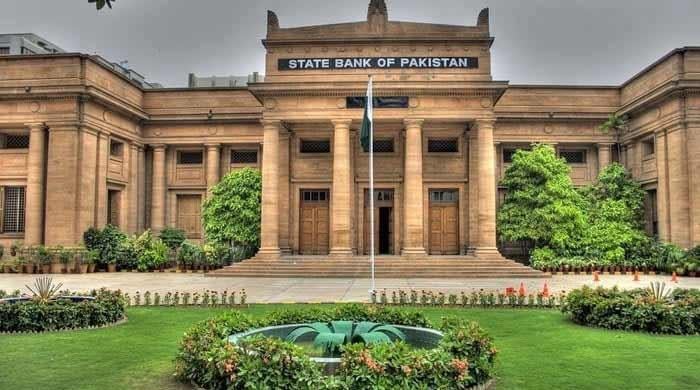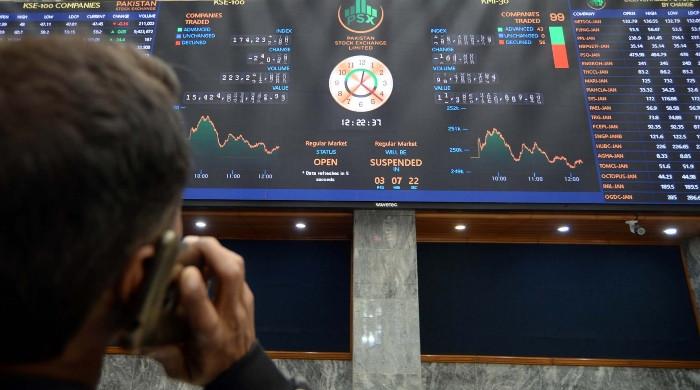IMF wants cryptocurrencies brought into tax net
FBR asked for binding property developers to track and report all transfers before completion and registration of property titles
March 18, 2024

- Pakistan-IMF talks on $3bn stand-by arrangement to conclude today.
- Funds asks for stringent measures to increase revenue.
- IMF asks for reviewing tax slabs on real estate and listed securities.
ISLAMABAD: The International Monetary Fund (IMF) has recommended the Federal Board of Revenue (FBR) for an expansion in the scope of Capital Gains Tax (CGT) by bringing cryptocurrencies into the tax net, according to a The News report published Monday.
The development comes during the review talks taking place between the Fund and the Pakistani authorities on the $3 billion stand-by arrangement (SBA).
The four-day review began on Thursday, and if successful, will release a final tranche of around $1.1 billion secured by Islamabad under a last-gasp rescue package last summer, averting a sovereign debt default.
During the parleys, the Washington-based lender also asked for reviewing slabs of real estate as well as listed securities to ensure all gains are taxed, instead of holding assets for any period.
The IMF also asked the FBR for binding property developers to track and report all transfers prior to the completion and registration of property titles.
If any property developers fail to comply, certain penalties might be imposed. Through this recommendation, the IMF has asked the tax authorities to bring the rampant practice of buying and selling files of different plots in the housing schemes into the tax net.
These recommendations might become part of the upcoming bailout package under the Extended Fund Facility (EFF) and the FBR might be bound to make it part of the next budget for FY2024-25 through the finance bill.
According to the IMF technical assistance report, Pakistani authorities have experienced challenges in assessing and collecting tax on capital gains arising from the disposal of interests in real estate.
Interests in real estate are generally not formally registered until the legal completion of the property. As such, the transfer of real estate interest from the initial purchaser to the next or any subsequent transfer of real estate prior to the legal completion of property is not currently captured in any system of record.
Consequently, gains derived by a seller through such a transfer of interest in an uncompleted property are typically not taxed.
In this regard, considering an obligation on property developer to track and report all transfer of interest in real properties prior to completion and registration of property title and to impose penalties for noncompliance including secondary liability for any tax payable. This means that the liability to pay owed by the transferor or any transfer gain will become the responsibility of the property developer if such tax cannot be recovered from the transferor.
The IMF has proposed measures to strengthen the taxation of capital gains. One way is to broaden the types of assets subject to capital gains taxation by ensuring that new types of investment assets such as cryptocurrencies are within the scope of capital gains taxation.
The lender also asked for capital gains on real properties and listed securities are subject to tax regardless of the duration of ownership.
It has recommended bringing amendments to the meaning of “personal moveable property” in Section 37(1) of the Income Tax Ordinance to include a catch-all category comprising any property capable of being held as an investment, not being stock in trade or assets that depreciate or amortise for the purpose of Income Tax Ordinance (ITO).
The IMF asked for reviewing the tax slabs on real estate and listed securities and make sure that all such gains are taxed at an appropriate rate for capital (as opposed to labour) income and eliminate the provision that the capital gains are untaxed once the underlying assets have been held for a certain period of time.











